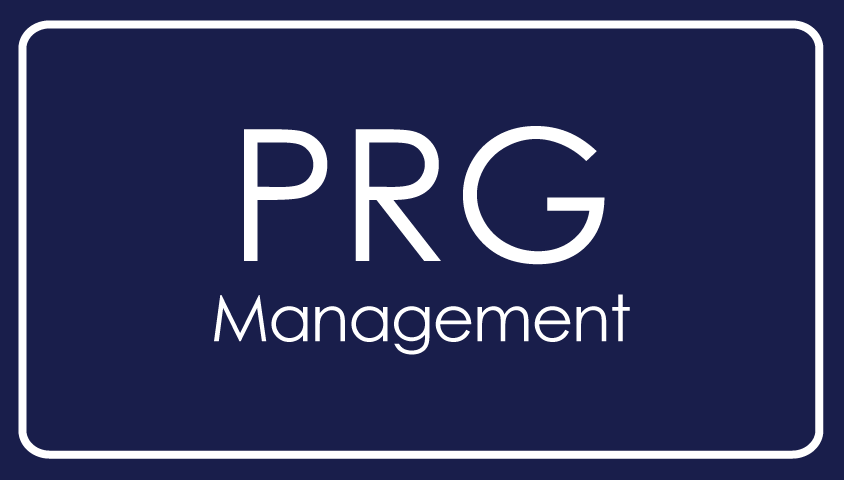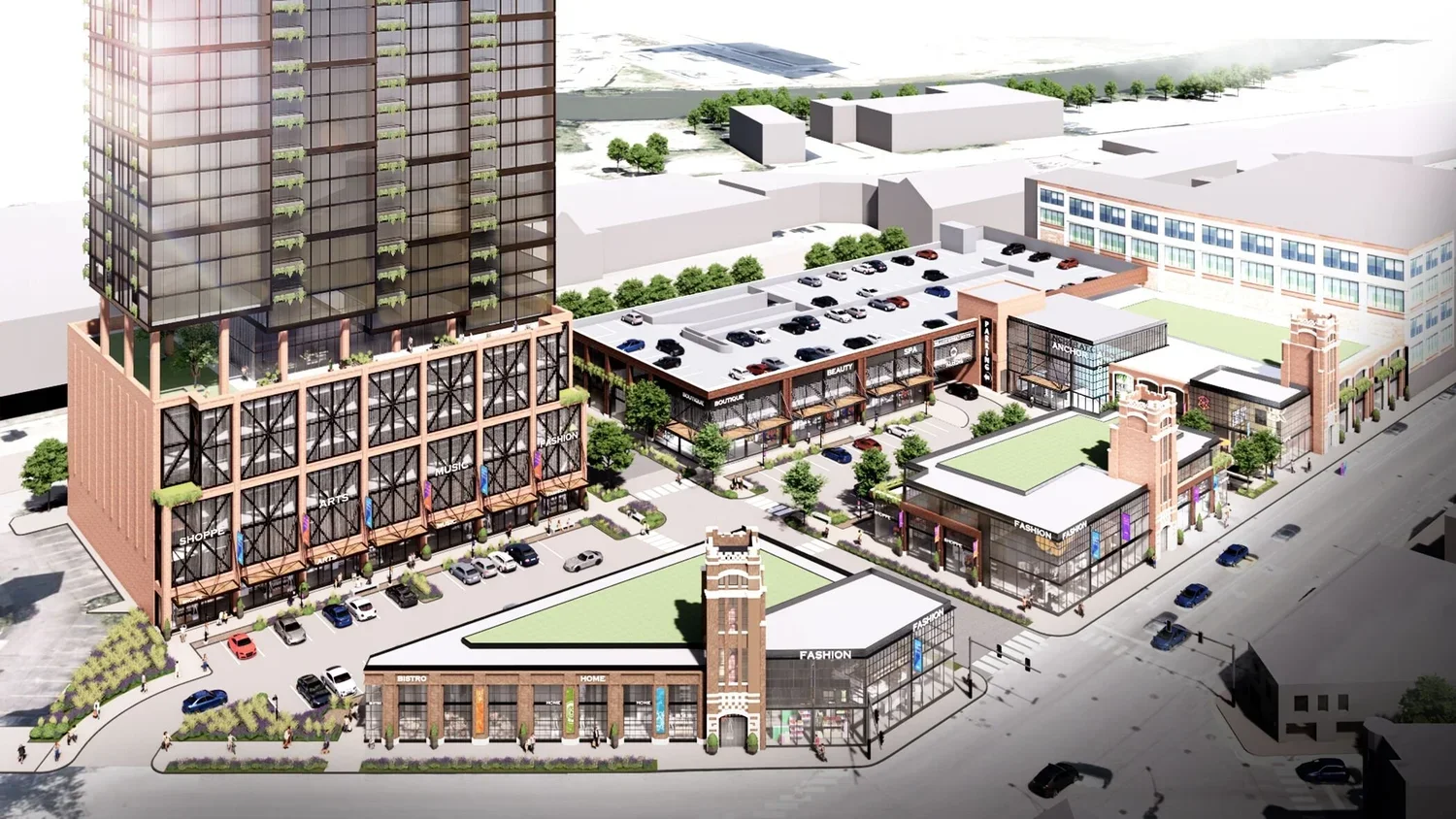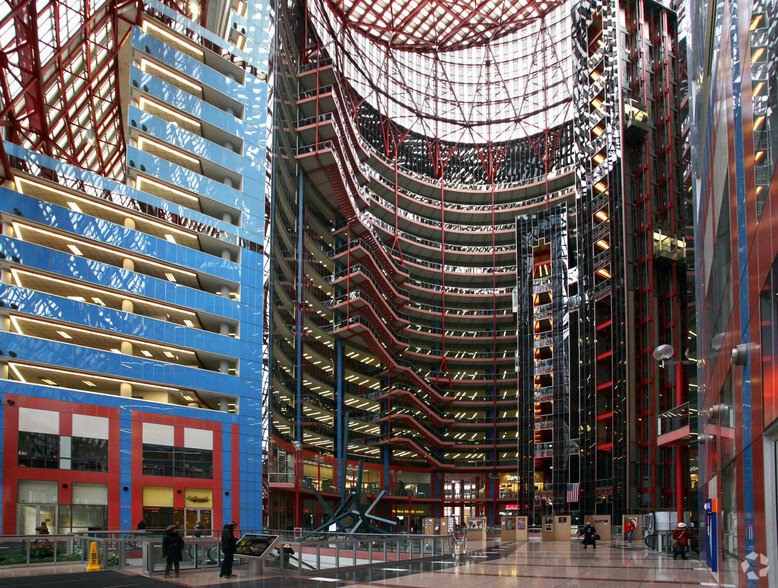2024 Chicago Winterization Guide: Preparing Your Home for Cold Weather
Winter in Chicago is both beautiful and brutal, bringing freezing temperatures, heavy snowfall, and ice that left unattended, can lead to some major problems when managing or owning property. First-time homeowners may be asking "How to winterize properties in Chicago?" Or "How do I winterize my Chicago home?" Whether you're a homeowner, a renter, or someone looking to sell your property, we have put together some expert recommendations from Fannie Mae and Pearson Realty Group to help you take the proper steps to winterize your home is essential for your comfort, safety, and even saving money. In this comprehensive 2024 update for our Chicago Winterization Guide, we'll cover the key areas you should address before the snow starts to fall.
Why Winterization Matters in Chicago
The Midwest, especially Chicago, is known for its extreme winter conditions—blizzards, ice storms, sub-zero temperatures, and wind chills that can make your home feel like an icebox if it's not properly prepared. Just a few years ago during the 2019 Polar Vortex homeowners and renters alike experienced what happens when you don't prepare for the worst. Taking proactive steps now ensures your home is ready for whatever Mother Nature throws your way, and it could save you thousands in potential repairs. Winterizing your home can help you:
Improve energy efficiency and lower heating costs.
Prevent costly repairs from frozen pipes or roof damage.
Protect your home’s value, especially if it’s on the market.
Enhance safety and comfort for your family.
Winterizing Your Home: A Checklist for Homeowners
1. Inspect & Seal Windows and Doors
Drafty windows and doors can cause heat loss, making your home less energy-efficient and increasing your heating bill. Properly sealed windows and doors can massively cut down on heat loss. Use caulking or weatherstripping products to seal any gaps that air can escape - you can always check for drafts by holding a candle or lighter near windows and door frames—if the flame flickers, there is an air leak. Homeowners should also consider upgrading to storm windows that offer an extra layer of winter protection with added insulation. When our partners at Pearson Realty Group work with Chicago REO properties during the winter months, this is often one of the first and easiest steps taken in winterizing a home.
2. Service Your Furnace and HVAC System
Your heating system is your first defense against the cold, so ensuring it’s in good working order is necessary. Many experts recommend keeping your thermostat set at a consistent temperature (around 68°F) to save on heating costs. It's also recommended you schedule a professional furnace tune-up to check for any issues and change the filters. Be sure to check your thermostat settings, and consider upgrading to a programmable or smart thermostat to optimize energy efficiency. We recommend checking your HVAC systems and major appliances to ensure any pumps, hoses, cords, or any other connections are clear of obstructions and no water damage is present. This is also a good time to check to see if your smoke and carbon monoxide detectors are in working order.
3. Clean Your Gutters and Downspouts
Clogged gutters can lead to ice dams, which cause water to back up under your roof and potentially lead to leaks and structural damage. Remove leaves, sticks, and debris from your gutters and ensure your downspouts direct water away from the foundation to avoid water buildup and ice hazards that can lead to possible roof looks. This is also a great time to inspect the exterior of your home for pests, rodents, and any potential entryways they could use. When the winter finally kicks in, it's important to monitor for any icicles forming, as this can be a sign of heat escaping.
4. Insulate Pipes to Prevent Freezing
Frozen pipes can burst, leading to costly water damage. One way to protect your pipes is to insulate exposed pipes, especially those in unheated areas like the garage, basement, or attic. You might want to consider installing heat tape for pipes in particularly cold areas of the home. For other areas of the house, you can ensure your pipes' integrity by keeping the temperature at a consistent rate, even if you're not home, to prevent freezing. We recommend a constant temp of 68°F to prevent potential issues, but every home and owner's comfort needs will be different. This can be especially important when Pearson Realty Group’s Chicago REO team is prepping unoccupied inventory for the winter season.
5. Prepare Your Roof and Attic
Heavy snow and ice buildup can cause roof damage or even collapse in extreme cases. Attic insulation can also help prevent heat from escaping, further lowering your energy bills. Ensure your roof is ready to bear the weight of a snowy winter by inspecting your roof for missing/damaged shingles and making repairs as needed. It's also a good idea to clear out your attic and make sure it's properly insulated to prevent ice dams from forming on your roof. If you see any evidence of water damage, you should address this immediately. Preparing a roof and attic for the tough winter season is a significant portion of the preventative maintenance responsibilities PRG Management takes on for both residential and commercial spaces to ensure the building and its tenants are safe and sound.
Winterization for Renters: Essential Tips
If you’re a renter, there are still proactive steps you can take to ensure your home is warm and energy-efficient during the winter months. It’s also a good idea to check with your landlord about any shared responsibilities, like shoveling snow, salting walkways, or replacing filters to ensure you are doing everything you can to keep your home warm and comfortable. Here are a few renter-friendly winterization steps that we recommend:
Ask your landlord to service the heating system and replace the filters.
Use draft stoppers (or rolled-up towels) at the bottom of doors to prevent cold air from seeping in.
Add thermal curtains to windows for extra insulation. Insulation Shrink Kits are another suitable budget-friendly solution.
Reverse your ceiling fans to cycle warm air downward and circulate it more effectively.
Keep your thermostat at a consistent temperature, even when you're not home, to prevent pipes from freezing.
READ MORE: Apartment Renter Tips for Chicago Winters
Expert Tips from Fannie Mae
According to Fannie Mae, proper home maintenance during winter can reduce energy costs and help avoid damage that could affect the home’s value. Remember that you may need a professional to handle more advanced maintenance and repairs. Here are a few steps that not only save money but can also increase the overall comfort and safety of your home during the winter months:
Review insurance coverage: Know what your policies cover—policy changes can’t be made during a disaster.
Prepare an emergency kit: Include chargers, flashlights, batteries, blankets, first aid, water, and nonperishable foods.
Use resilient materials: Opt for windproof windows, fireproof siding, and durable roofing when making improvements.
Store valuables securely: Use weatherproof containers or safes for heirlooms and important documents.
Our partners at Pearson Realty Group's Chicago REO & Short Sale department utilize in-depth guides from Fannie Mae that provide efficient processes that allow them to winterize REO properties and REO winterization services in a timely, budget-friendly fashion.
Winterizing your Chicago home is not just an annoying task to cross off your to-do list—it’s a crucial step to protect your home and improve energy efficiency while keeping your family safe and comfortable throughout the winter season. Whether you're a homeowner or renter, taking proactive measures now will save you time, money, and stress once the snow starts to fall.
As you prepare for the upcoming winter, refer back to PRG Management's 2024 Chicago Winterization Guide to ensure you haven’t missed any crucial steps. With proper planning, your home will be ready to withstand even the harshest Chicago winter. If you plan on selling this winter, contact our partners at Pearson Realty Group today to get in touch with an experienced Chicagoland real estate agent who can guide you through the best practices for listing your home during the winter. Owners and investors looking for assistance in managing your building's winterization efforts, and beyond contact our Chicago property management team or fill out the form below for a free proposal.




















